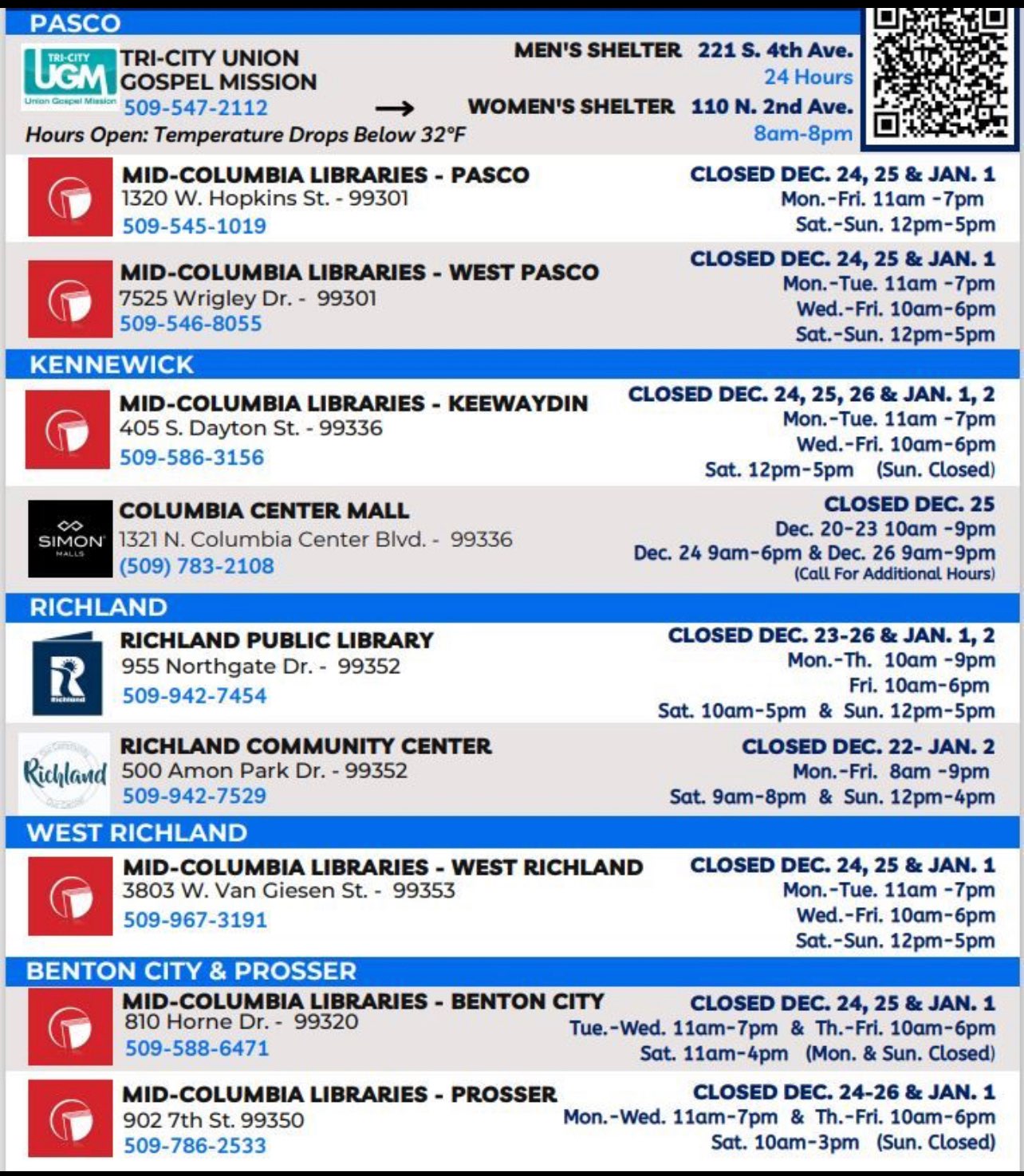STAY SAFE IN EXTREME COLD WEATHER
Exposure to cold weather can be harmful to your health. Hypothermia occurs when the body’s core temperature drops below 35 degrees Celsius and can have severe consequences. Frostbite can also occur in cold weather when skin freezes and can also have severe consequences.
Those most at risk of cold-related illness are people experiencing homelessness or those under-housed, those who work outdoors, people with a pre-existing heart condition or respiratory illness, elderly people, infants and young children. People with heart problems can experience worsening of their condition up to several days after cold weather occurs.
During an extreme cold weather event, members of the public are encouraged to take the following precautions:
-
Check the weather report before going outside.
-
Dress in layers, making sure your outer layer is windproof, and cover exposed skin.
-
Wear a hat, warm mittens or gloves, and warm boots.
-
Stay dry. Your risk of hypothermia is much greater if you are wet.
-
Choose wool or synthetic fabrics for your clothes instead of cotton, because cotton absorbs and holds moisture, no longer keeping the wearer warm.
-
Seek shelter if you normally spend long periods outside. Depending on the wind chill, exposed skin can freeze in minutes.
-
Drink warm fluids other than alcohol.
-
Warm up by taking regular breaks in heated buildings when enjoying winter activities outside.
-
Consider rescheduling outdoor activities, or limiting time outdoors, during colder temperatures, especially if it’s windy.
-
Heat your home to at least 70 degrees Farenheit (21 degrees Celsius) if infants or elderly people are present.
-
Call, text or video chat with family, friends and neighbors (especially older adults living alone) to make sure they are keeping warm and not experiencing any difficulties related to the weather.
The cities ask residents to contact 211 if they see a person experiencing homelessness in need of assistance and the City will dispatch an outreach team to investigate. If the person is in distress or needs immediate assistance, call 911.
Below is a list of local warming stations for those needing reprieve from the cold:
